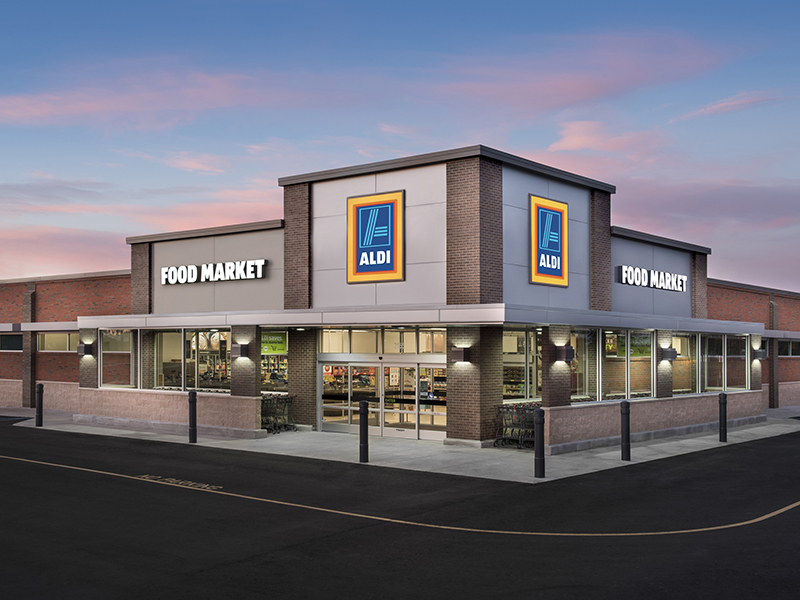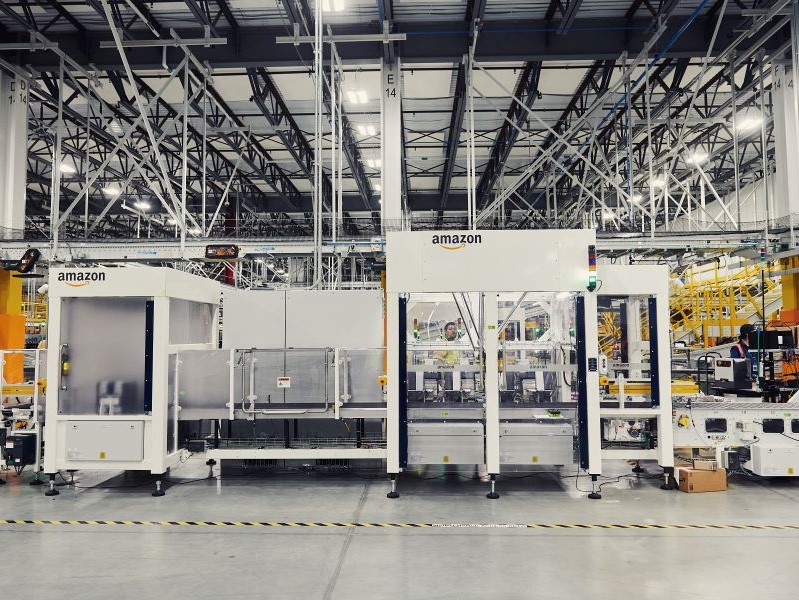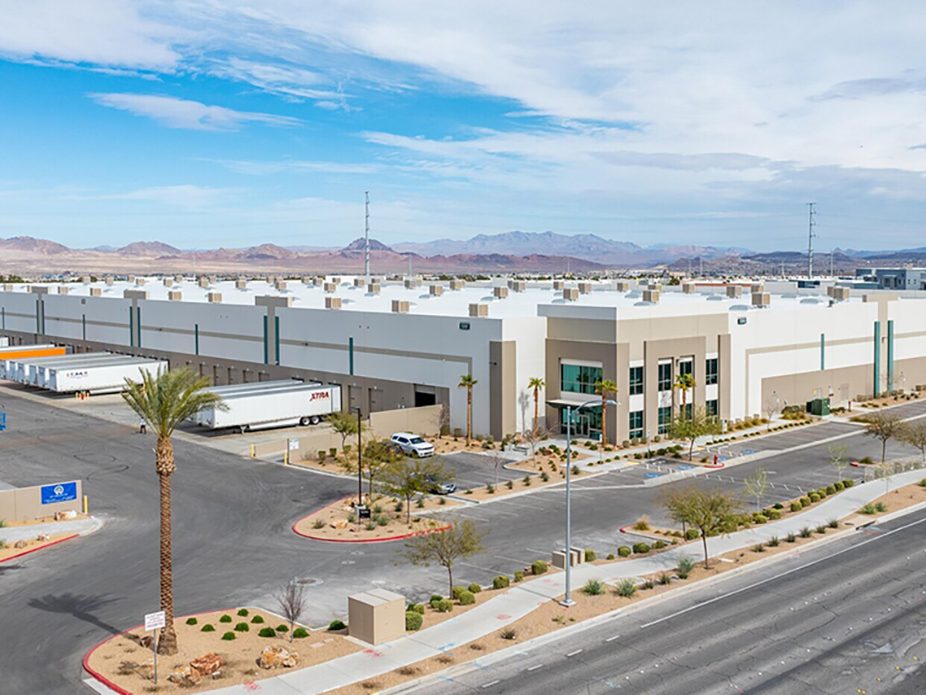Aldi Plans $3.4B Growth Spurt
The German discount grocery chain intends to open 900 additional locations in the U.S., increasing its footprint to 2,500 stores by 2022.
By Barbra Murray, Contributing Editor
Aldi has just taken its bold U.S. expansion strategy to a new level. The German discount grocery store chain revealed that it will invest $3.4 billion to increase its presence to 2,500 stores by the close of 2022. The news comes just four months after the company announced its $1.6 billion plan to remodel 1,300 shops by 2020.
Aldi entered the U.S. market in 1976 with a store in Iowa, and until a few years ago, the company had been increasing its footprint at a slow but steady pace. “We pioneered a grocery model built around value, convenience, quality and selection and now ALDI is one of America’s favorite and fastest growing retailers,” Jason Hart, CEO of Aldi, said in a prepared statement. “We’re growing at a time when other retailers are struggling.” Per a study released by Market Force Information in May, Aldi ranks as America’s fifth favorite grocery retailer, just below H-E-B and right above Harris Teeter.
With a current portfolio of approximately 1,600 stores, Aldi’s growth strategy calls for the opening of 900 additional locations. The stores generally range in size from 17,825 to 18,000 square feet, so the company will require a minimum of roughly 16 million square feet of retail space to reach its goal.
A German Invasion is Afoot
If all goes as expected with its scheduled wave of openings, Aldi will become the U.S.’s third largest grocery chain by store count. However, Aldi isn’t the only German food retailer with a hungry eye on the U.S. market. Lidl, another leading European grocer based in Deutschland, just made its debut in the U.S. market with the opening of its first stores today. The company plans to swing open the doors of as many as 100 new stores across the East Coast by summer 2018.
Together, Aldi and Lidl could give other popular grocery chains a run for their money; they have a history of taking on the competition, and winning. According to a report by think tank Fung Global Retail & Technology, “Both of these low-overhead, no-frills concepts have had significant impact on the U.K. grocery market already. They have taken share from the ‘big four’ grocers in the U.K.–Sainsbury’s, Tesco, Asda and Morrisons–and put downward pressure on these retailers’ margins.”
Image courtesy of Aldi








You must be logged in to post a comment.